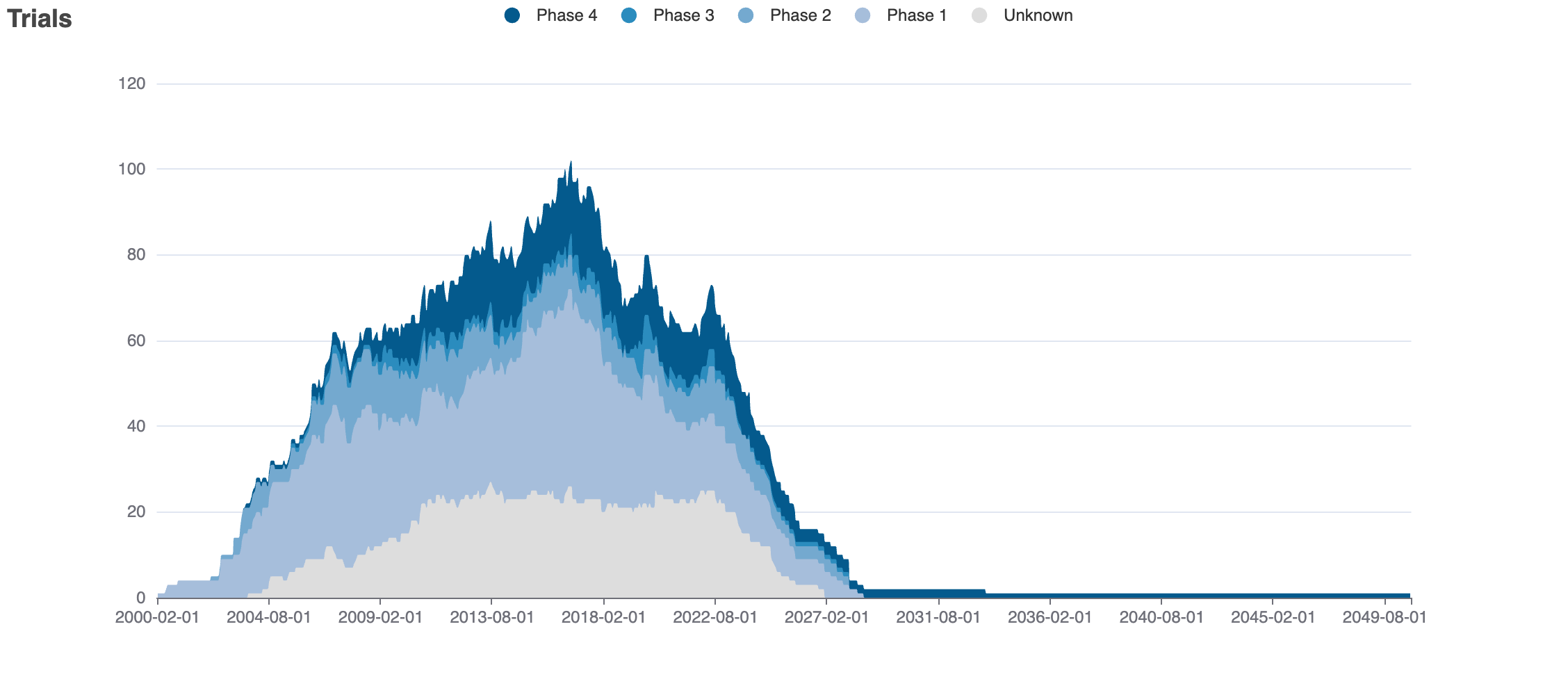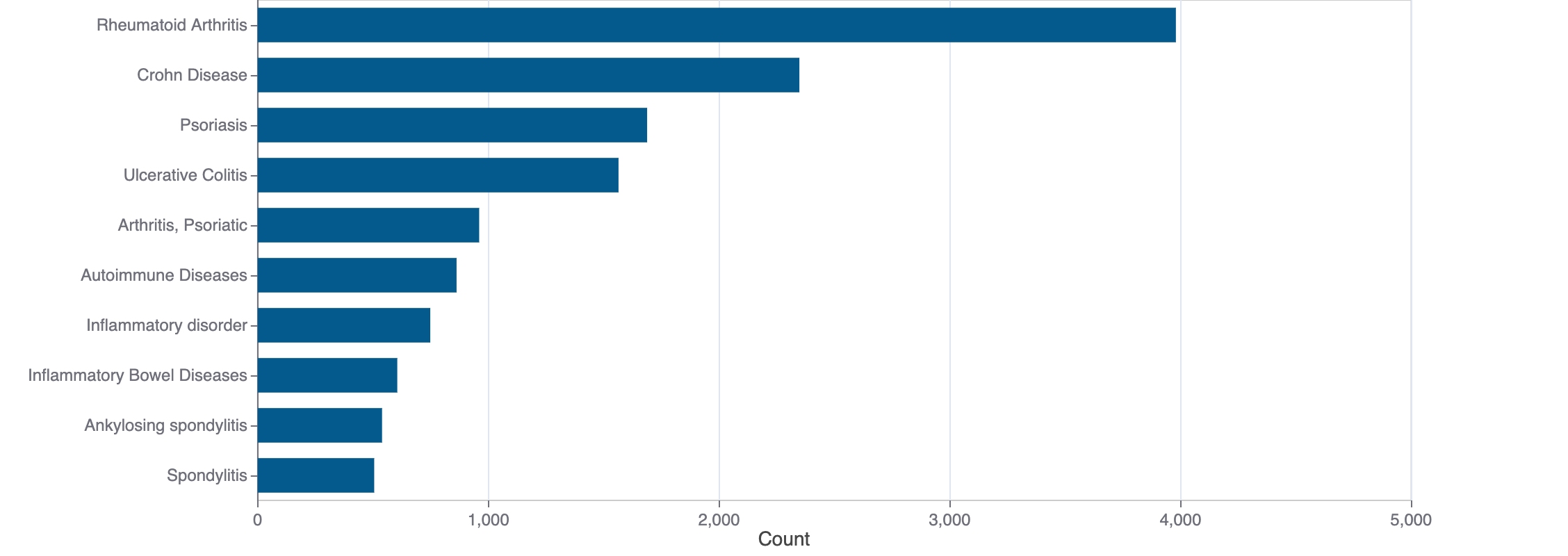Mevidalen
Mevidalen is a small molecule pharmaceutical. It is currently being investigated in clinical studies.
Download report
Favorite
Commercial
Therapeutic Areas
No data
Trade Name
FDA
EMA
No data
Drug Products
FDA
EMA
New Drug Application (NDA)
New Drug Application (NDA)
Abbreviated New Drug Application (ANDA)
Abbreviated New Drug Application (ANDA)
No data
Labels
FDA
EMA
No data
Indications
FDA
EMA
No data
Agency Specific
FDA
EMA
No data
Patent Expiration
No data
ATC Codes
No data
HCPCS
No data
Clinical
Clinical Trials
7 clinical trials
View more details

Mock data
Subscribe for the real data
Subscribe for the real data
Indications Phases 4
No data
Indications Phases 3
No data
Indications Phases 2
Indication | MeSH | Ontology | ICD-10 | Ph 1 | Ph 2 | Ph 3 | Ph 4 | Other | Total |
|---|---|---|---|---|---|---|---|---|---|
| Lewy body disease | D020961 | EFO_0006792 | G31.83 | — | 1 | — | — | — | 1 |
Indications Phases 1
Indication | MeSH | Ontology | ICD-10 | Ph 1 | Ph 2 | Ph 3 | Ph 4 | Other | Total |
|---|---|---|---|---|---|---|---|---|---|
| Healthy volunteers/patients | — | 5 | — | — | — | — | 5 | ||
| Parkinson disease | D010300 | EFO_0002508 | G20 | 1 | — | — | — | — | 1 |
Indications Without Phase
No data
Epidemiology
Epidemiological information for investigational and approved indications
View more details
Drug
General
| Drug common name | MEVIDALEN |
| INN | mevidalen |
| Description | Mevidalen (developmental code name LY-3154207) is a dopaminergic drug which is under development for the treatment of Lewy body disease, including those with Parkinson's disease. It acts as a selective positive allosteric modulator (PAM) of the dopamine D1 receptor. The drug is orally active and crosses the blood–brain barrier. It is a tetrahydroisoquinoline and is a close analogue of DETQ, another D1 receptor PAM. Mevidalen has been found to have wakefulness-promoting effects in sleep-deprived humans. Side effects of mevidalen have been reported to include increased heart rate and blood pressure, insomnia, dizziness, nausea, vomiting, anxiety, nervousness, fatigue, headaches, palpitations, and contact dermatitis, as well as falls in those with dementia. As of March 2022, mevidalen is in phase 2 clinical trials for the treatment of Lewy body disease. Besides for movement disorders and dementia, D1 receptor PAMs like mevidalen might have value in the treatment of certain neuropsychiatric disorders, such as depression, excessive somnolence, and attention deficit hyperactivity disorder.
|
| Classification | Small molecule |
| Drug class | — |
| Image (chem structure or protein) | |
| Structure (InChI/SMILES or Protein Sequence) | C[C@H]1c2cccc(CCC(C)(C)O)c2C[C@H](CO)N1C(=O)Cc1c(Cl)cccc1Cl |
Identifiers
| PDB | — |
| CAS-ID | 1638667-79-4 |
| RxCUI | — |
| ChEMBL ID | CHEMBL3421729 |
| ChEBI ID | — |
| PubChem CID | 86290953 |
| DrugBank | — |
| UNII ID | 4A3702A96F (ChemIDplus, GSRS) |
Target
Agency Approved
No data
Alternate
No data
Variants
Clinical Variant
No data
Financial
No data
Trends
PubMed Central
Top Terms for Disease or Syndrome:

Mock data
Subscribe for the real data
Subscribe for the real data
Additional graphs summarizing 19 documents
View more details
Safety
Black-box Warning
No Black-box warning
Adverse Events
Top Adverse Reactions
0 adverse events reported
View more details
Premium feature
Learn more about premium features at pharmakb.com
Learn more
